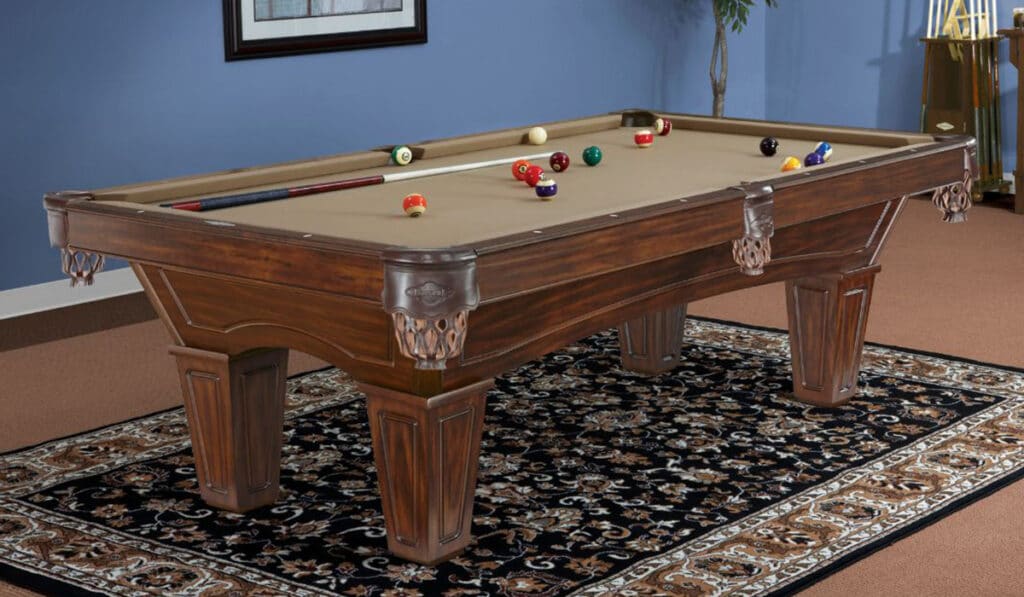
A variety of materials can be used to create pool balls. There are three types of materials: plastic, wood and phenolic resins. Each material has its advantages and disadvantages. Despite the many choices, phenolic pool balls are typically the most durable.
Aside from their durability and strength, phenolic resin balls are also scratch-resistant. These balls are generally more expensive but they are well worth the extra cost. Also, these pool balls are known for their unique feature, which is their high density surface.
Phenolic Resin (also known as phenolic resin) is a durable and extremely strong substance that has been used across many industries. It is made by mixing phenol with formaldehyde. To form the ball, this mixture is molded under extreme pressure. The material has high bonding strength and can withstand extreme temperatures. In addition, the molecular structure of phenolic resin makes it more resistant to chipping. Because of this, pool balls made from phenolic resin are up to five- to six times more durable than polyester balls.

Plastic compounds can also be considered very durable and nonflammable. They do have some drawbacks. They are less shiny than phenolic-resin balls and can also lose their shine quickly. You may also get burn marks on the table from using them.
Plastics were not yet developed in the 19thcentury. Leo Baekeland an American chemist discovered a new chemical which could be molded into a plastic-like substance. He named the product Bakelite and used it in the production of billiard balls. This new material became the norm as a result of the growing popularity of billiards.
During the early 20th century, the material became more popular in the United States, where wealthy people were able to buy them. It was still costly, but the material had more durability than wood. The material was quickly replacing wood in the production and distribution of billiards balls by the 1920s.
Nowadays, professional pool balls are made mostly from plastic and other phenolic resins. This material is far more durable than ivory and wood. This material is also more expensive but is worth it if you play often.

Get a set of professional-grade pool balls to give you a chance at playing billiards. You can get a pool table accessory set that includes extra pool balls, equipment, and other items to protect your game.
Another option is to purchase synthetic materials, such as acrylic or polyurethane. These materials are cheaper, but come with some disadvantages. Although they do not lose their shine as quickly than phenolic crystal balls, they are less durable and can easily deteriorate. They aren't as resistant to scratching as phenolic.
A set of polyester balls is an option if you don’t need phenolic balls. Polyester balls may be cheaper but they aren’t as durable. Some of them may even break. Polyester balls should only be purchased from reputable companies.